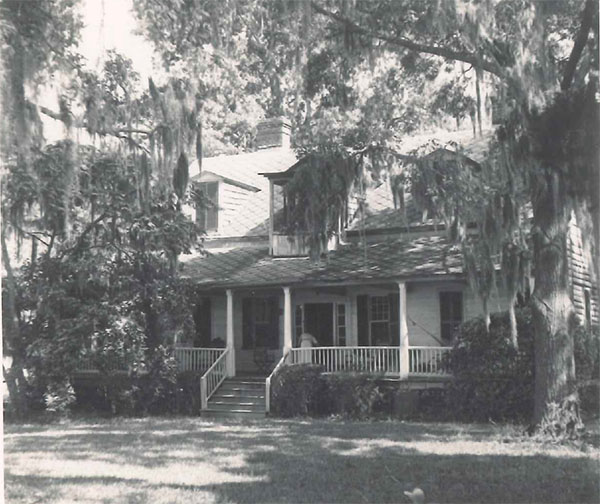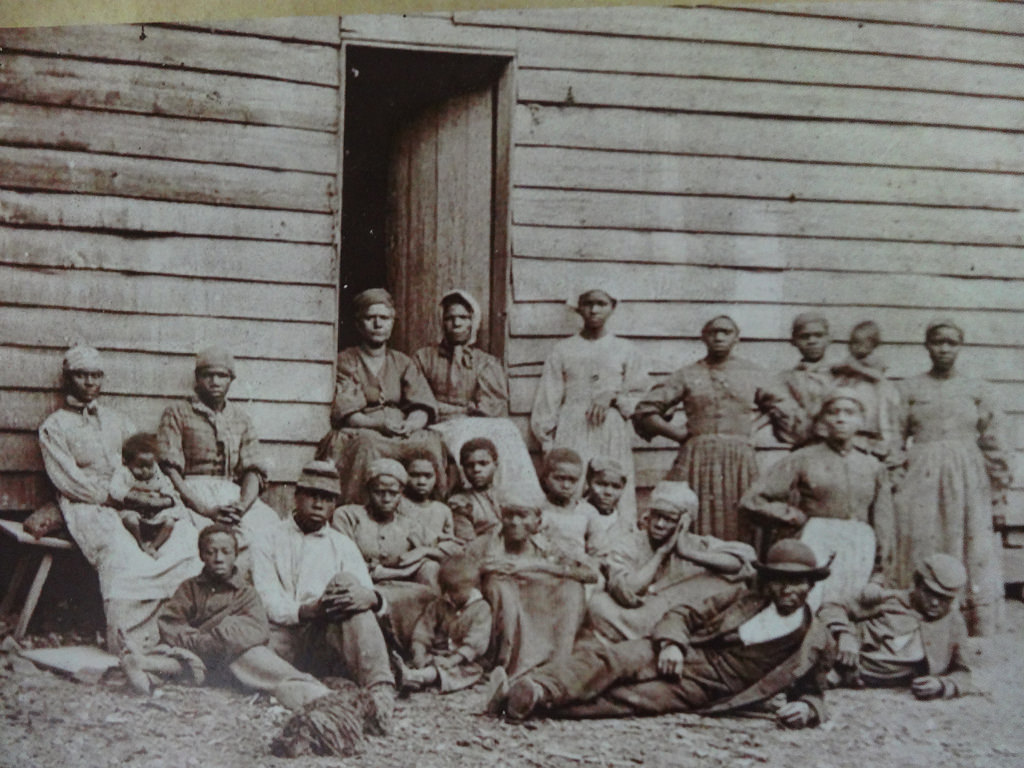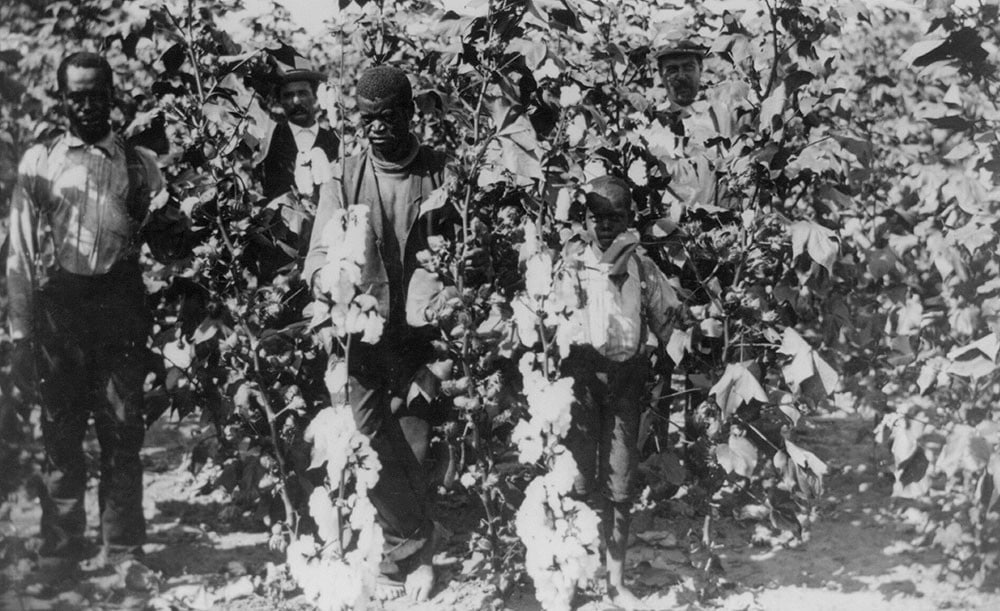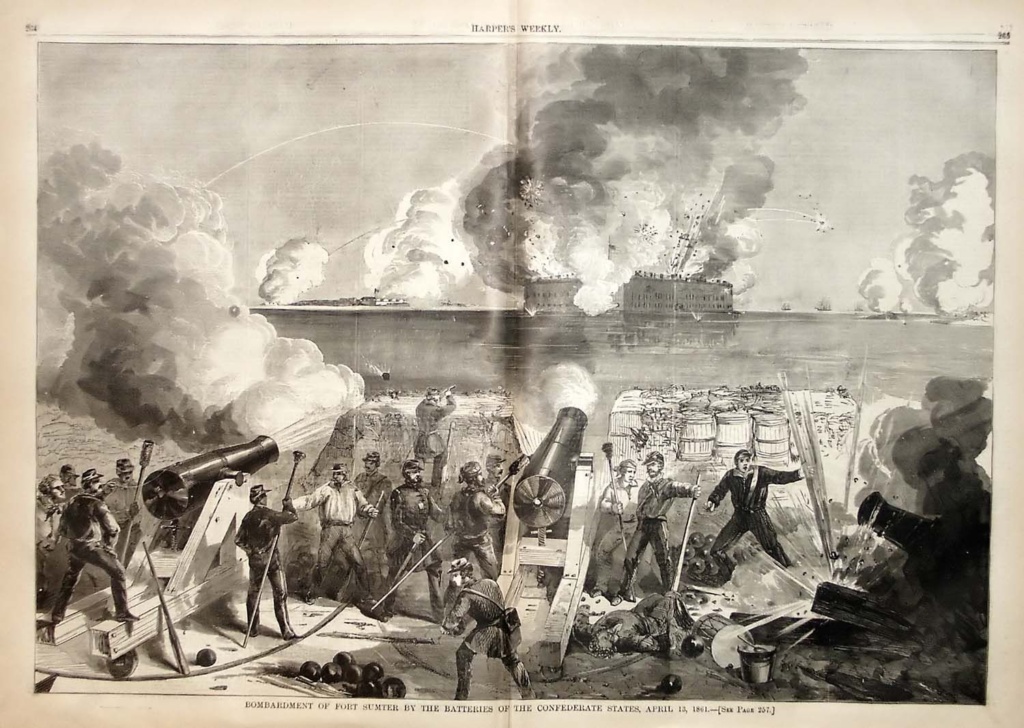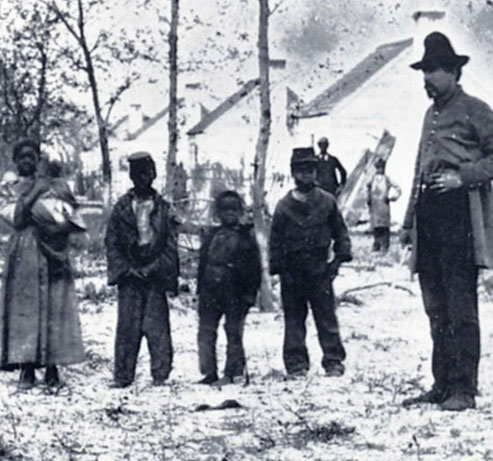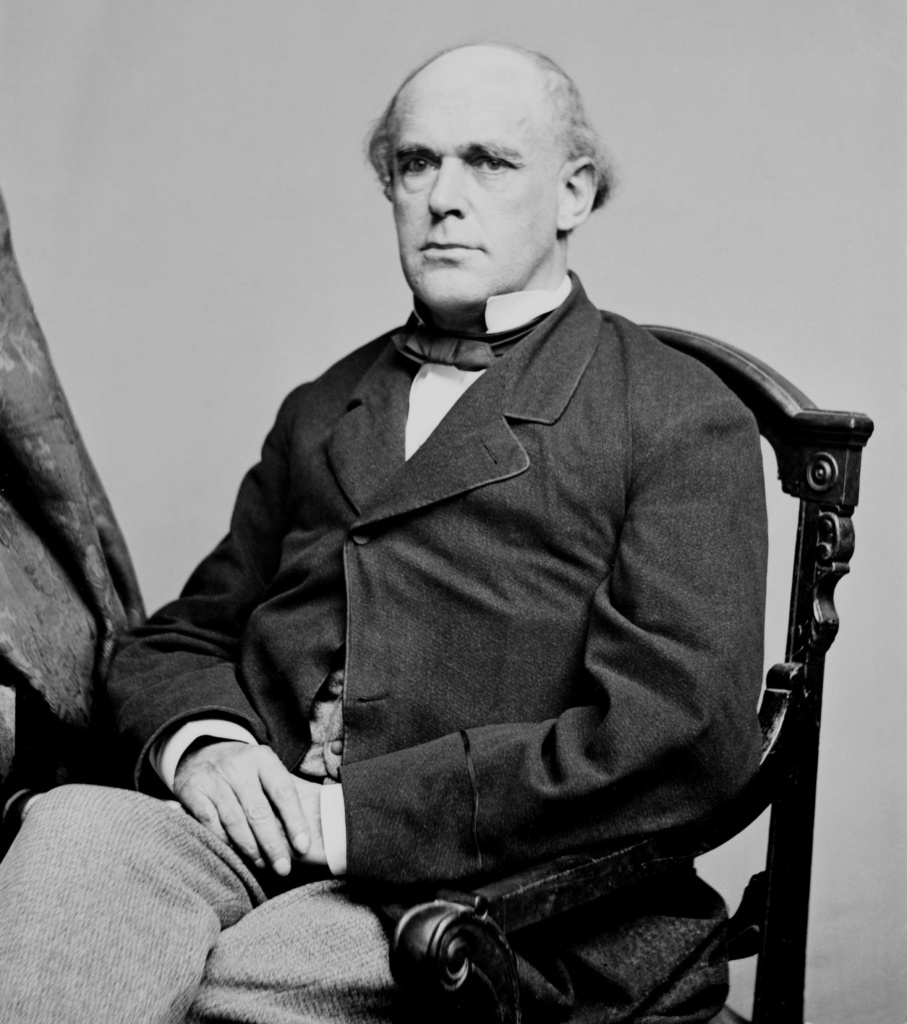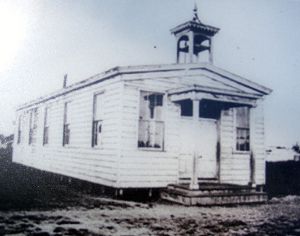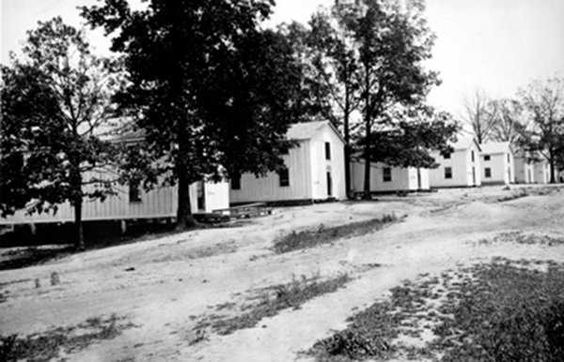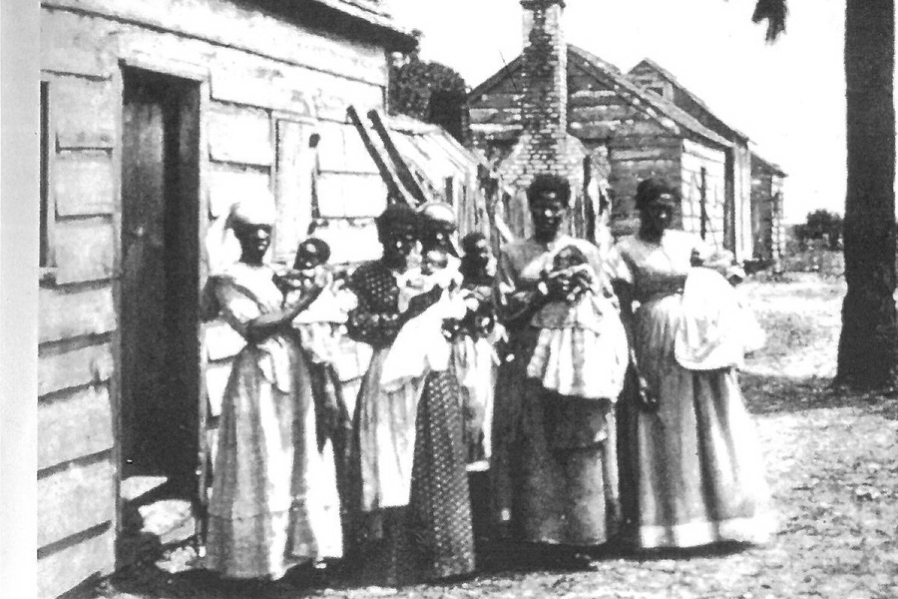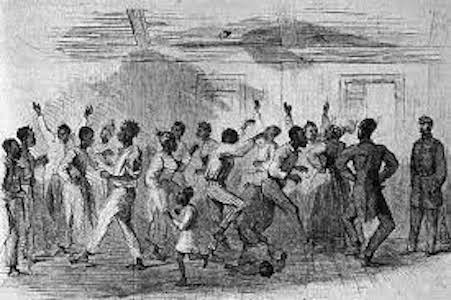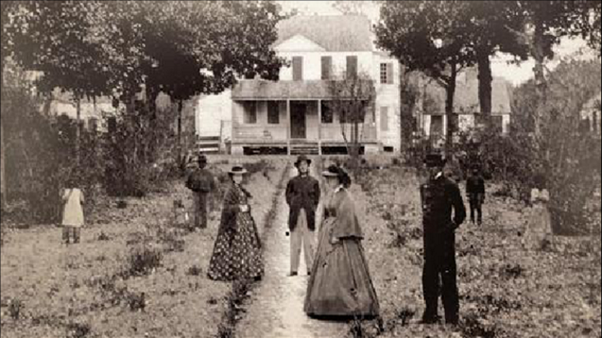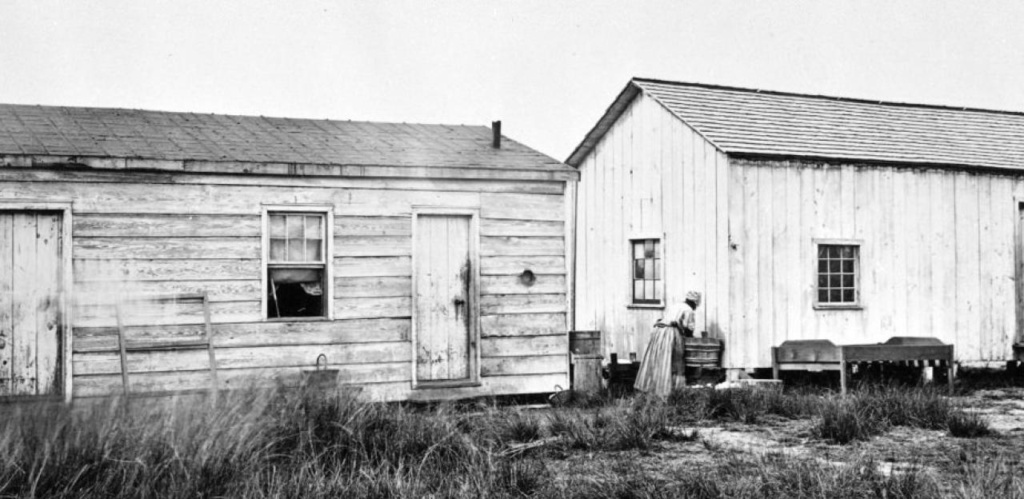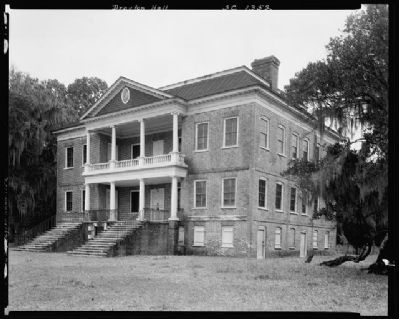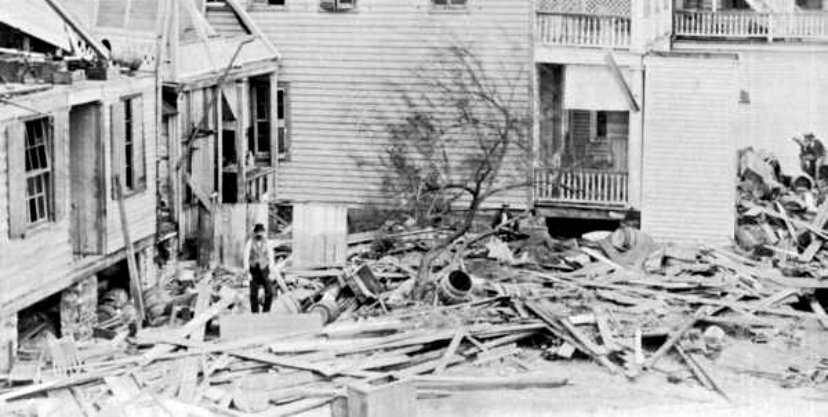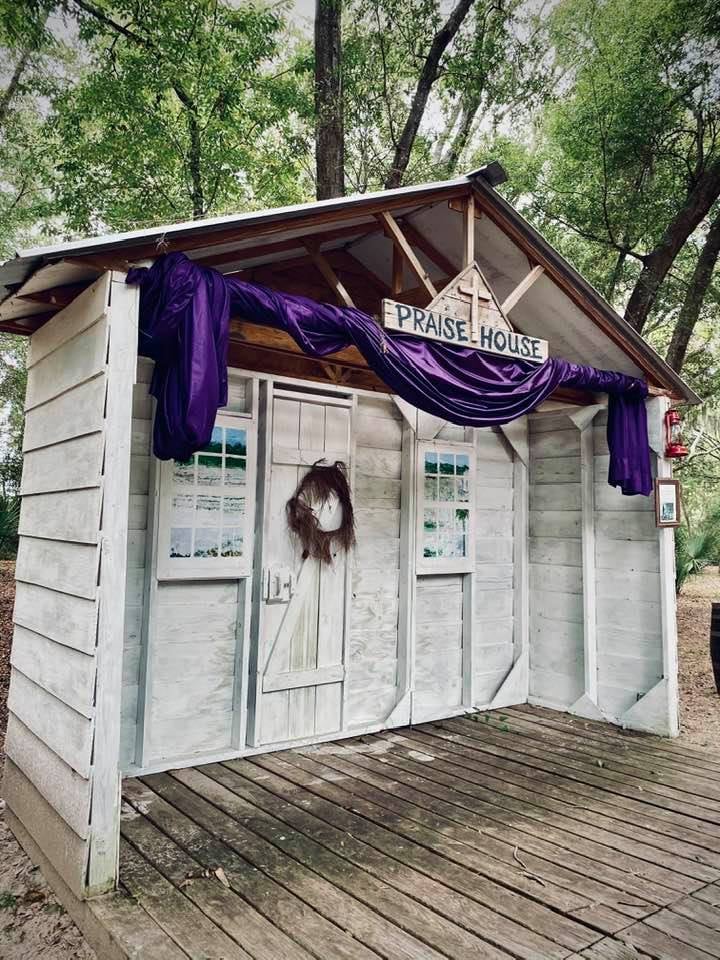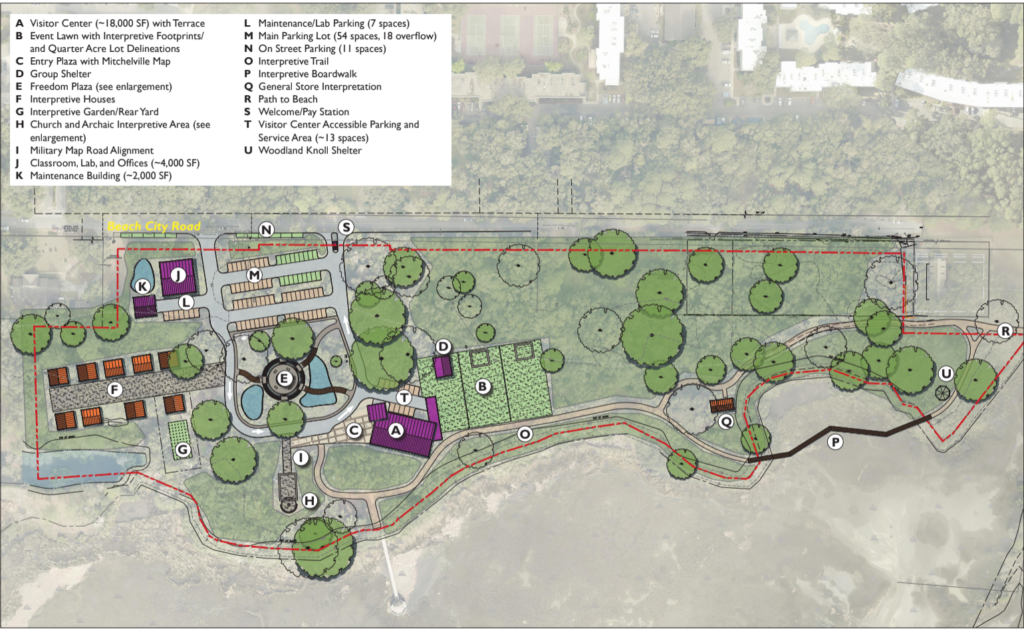Our Story
The Inspiring Story of Mitchelville...
What had begun as only a military mission grew into something more than that. Mitchelville became a vibrant, self-governed community, both defined and accentuated by the customs and cultures of native islanders, the Gullahs, and those brought to America from a multitude of countries and islands. At its height, Mitchelville boasted 1,500 to 3,000 residents and demonstrated freedom and opportunity for African Americans diverse in backgrounds and origins.
Using the timeline below, take the journey from the beginning of our story until today and be inspired to continue the legacy of the trailblazers of Mitchelville!
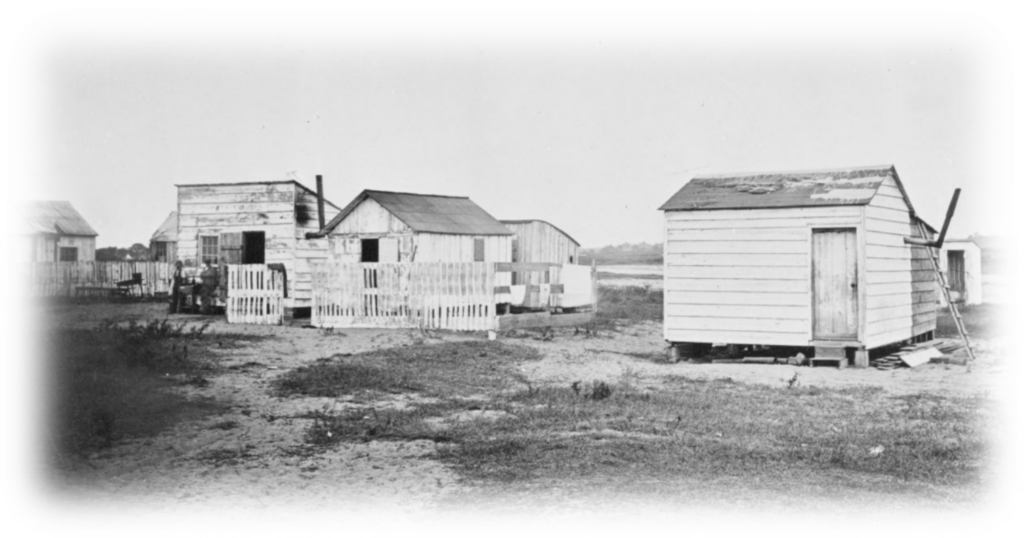
The Story of Mitchelville
On Hilton Head Island alone, there were more than 20 working plantations and 200+ in surrounding areas. Cotton and rice were highly valuable crops grown in the Sea Islands, making Hilton Head Island one of the richest districts in the state. Due to the land’s low elevation, the threat of…
Read More
Enslaved people living on the Sea Islands arrived mainly from West Africa, including Cameroon, Angola, and Sierra Leone. Due to the isolated nature of the Sea Islands, they were able to retain many of their traditions from home, as many were only one or two generations removed from Africa. It…
Read More
The rapid expansion of the cotton industry following the invention of the cotton gin greatly increased the demand for slave labor, with the population of enslaved persons peaking at 4+ million. Pro-slavery activists attempted to extend slavery territories into the West but were met with significant resistance with the presidential…
Read More
On April 12, 1861, the Civil War commenced with the Confederate Army attack on the Union Army’s Fort Sumter, off the coast of Charleston, South Carolina. In July 1861, the enslaved residents were sent to build two earthwork forts to guard the Sea Islands/Port Royal Sound. This included building steep…
Read More
In the aftermath of the Battle of Port Royal on Hilton Head Island, wealthy white residents and plantation owners fled inland and took as many slaves as they could with them, leaving behind over 10,000 slaves. Samuel DuPont, Captain in the US Navy, reported “you can form no idea of…
Read More
US Secty of Treasury Salmon P. Chase sent an agent, Edward Pierce (who supervised the work of contrabands in Virginia), to collect the harvested cotton, in addition to report on the status and conditions of the formerly enslaved residents. During his two-week tour, Pierce checked on the conditions and abilities…
Read More
Union Army General David Hunter, with vague orders from the US Army, began enlisting the formerly enslaved refugees in the Union Army with the help of Abraham Murchinson, an escaped formerly enslaved preacher from Savannah. Highly influential among the formerly enslaved, Murchinson recruited soldiers and the regiment eventually swelled to…
Read More
General Hunter issued a military order freeing blacks in the Sea Islands but it was rescinded by Lincoln shortly thereafter: President Lincoln developed his own plan of emancipation – the Emancipation Proclamation – officially making the “contraband of war slaves” freedmen on January 1, 1863. Charlotte Forten, the first Black…
Read More
First African Baptist Church was founded with 120 members and led by Rev. Abraham Murchison (a freed, literate, formerly enslaved person from Savannah, Georgia), who was the eventual magistrate, then mayor of Mitchelville. The church was structured with two rows of benches, a pulpit, and a ceiling with glass lamps.…
Read More
Union Army Major General Ormsby Mitchel arrived in HHI to replace General Hunter (who went on leave) and assumed command. Once he saw the living conditions of the formerly enslaved “contraband” in the refugee barracks, he directed a new “negro village” near Drayton Plantation to be built by and for…
Read More
As the first self-governed town for the formerly enslaved, Mitchelville, named posthumously after its founder, General Ormsby Mitchel, was a fully functioning town with a mayor, councilmen, a treasurer and other officers, who all oversaw every aspect of Mitchelville, from town disputes to sanitary regulations. The town of Mitchelville also…
Read More
On April 9, 1865, the Civil War ended with the surrender of the Confederate army at Appomattox Courthouse, Virginia and almost immediately, celebrations all over Hilton Head erupted. By this point, Mitchelville’s prominence as the first black freedman’s town afforded visitors from dignitaries far and wide, including Harriet Tubman (who…
Read More
Following Lincoln’s assassination, President Andrew Johnson repealed a special order which distributed abandoned land to the formerly enslaved. This caused a great upheaval in areas surrounding Hilton Head, as planters came back to reclaim their property and labor contracts were now necessary for freedmen to continue farming on the once-abandoned…
Read More
With the end of the Civil War, the Union Army began to leave the island, which led to scores of freedmen leaving too, either following the Army for jobs, moving on to reclaimed plantations for wage jobs, or moving further inland. At the same time, the schools began to close,…
Read More
The Drayton Plantation (on which Mitchelville was located) was returned to the heirs of its former owner in April 1875, with the federal government deed failing to provide any protection for Mitchelville. The Drayton heirs, however, were not interested in planting the lands and began to sell it off to…
Read More
On the night of August 27, 1893, a major hurricane, the largest and most powerful to hit South Carolina until that time, made landfall just east of Savannah, GA, with maximum sustained winds of 120mph and a storm surge as high as 12 ft. Hilton Head Island and Mitchelville bore…
Read More
Much of the land for Mitchelville was purchased by March Gardner and managed by his son, Gabriel. Due to lawsuits and a series of land purchases, the land that was once Mitchelville was sold to the Hilton Head Company in 1950. Mitchelville was placed on the National Register of Historic…
Read More
Much of the land for Mitchelville was purchased by March Gardner and managed by his son, Gabriel. Due to lawsuits and a series of land purchases, the land that was once Mitchelville was sold to the Hilton Head Company in 1950. Mitchelville was placed on the National Register of Historic…
Read More
With no other site serving as such a template or illuminating the authentic story of the place where freedom began for America’s Black citizens, Historic Mitchelville is uniquely positioned to broaden the awareness and recognition of its rich story. Actions to do so began more than three years ago under…
Read More

